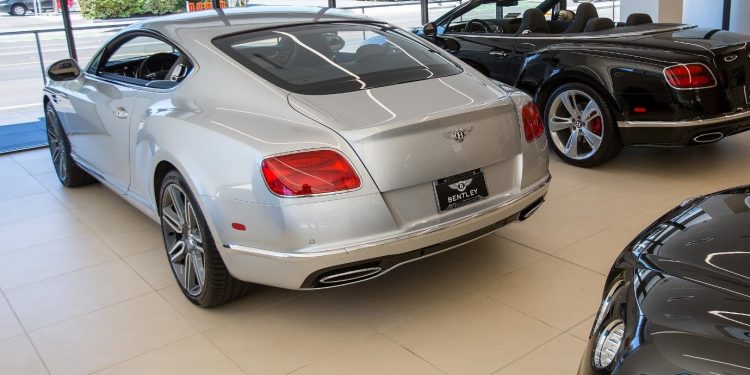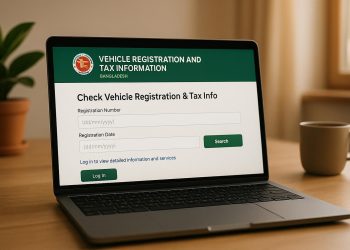The luxury car market in Bangladesh, once showing steady growth, has recently faced a sharp decline. Economic challenges, government policies, and shifting consumer priorities have contributed to this slowdown. This article delves into the reasons behind the downturn and its implications for the country’s automotive industry.
1. Rising Economic Pressures
Economic factors have played a significant role in the reduction of luxury car sales in Bangladesh.
- Inflation: Rising inflation has impacted purchasing power, forcing consumers to prioritize essentials over luxury goods.
- Currency Devaluation: The weakening of the Bangladeshi Taka has increased the cost of imported vehicles, making luxury cars less affordable.
- Interest Rates: High loan interest rates have discouraged buyers from financing luxury vehicles.
2. Government Policies and Taxes
Government regulations have also affected the market:
- High Import Duties: Taxes on imported luxury cars significantly inflate their prices, reducing accessibility for potential buyers.
- Policy Shifts: Stricter policies on luxury goods, including vehicles, aim to curb non-essential imports and support local industries.
3. Changing Consumer Behavior
The mindset of consumers in Bangladesh has also shifted:
- Practical Choices: Many buyers now prefer fuel-efficient and budget-friendly vehicles due to rising fuel prices.
- Economic Uncertainty: Concerns about the economic future have led to cautious spending habits, further dampening demand for high-end cars.
4. Impact on the Automotive Market
The slowdown in luxury car sales has significant implications for Bangladesh’s automotive industry:
- Dealership Challenges: Luxury car dealerships face declining revenues, forcing some to reconsider their business strategies.
- Market Realignment: The industry is seeing a greater focus on affordable and mid-range vehicles to cater to a broader audience.
- Potential Job Losses: Reduced sales could affect employment in the luxury automotive sector.
5. Prospects for Recovery
Despite the current downturn, there is potential for recovery:
- Policy Adjustments: Revisions in import duties and incentives for electric vehicles could stimulate the market.
- Economic Stabilization: Improved economic conditions may restore consumer confidence and revitalize demand for luxury cars.
- Sustainable Alternatives: A growing interest in electric and hybrid vehicles could open new opportunities in the high-end automotive segment.
Conclusion
The decline in luxury car sales in Bangladesh reflects broader economic and social changes. While the challenges are significant, they also present opportunities for innovation and adaptation within the automotive industry. By addressing economic pressures and aligning with evolving consumer needs, the market could gradually recover, offering a sustainable future for luxury vehicles in Bangladesh.




